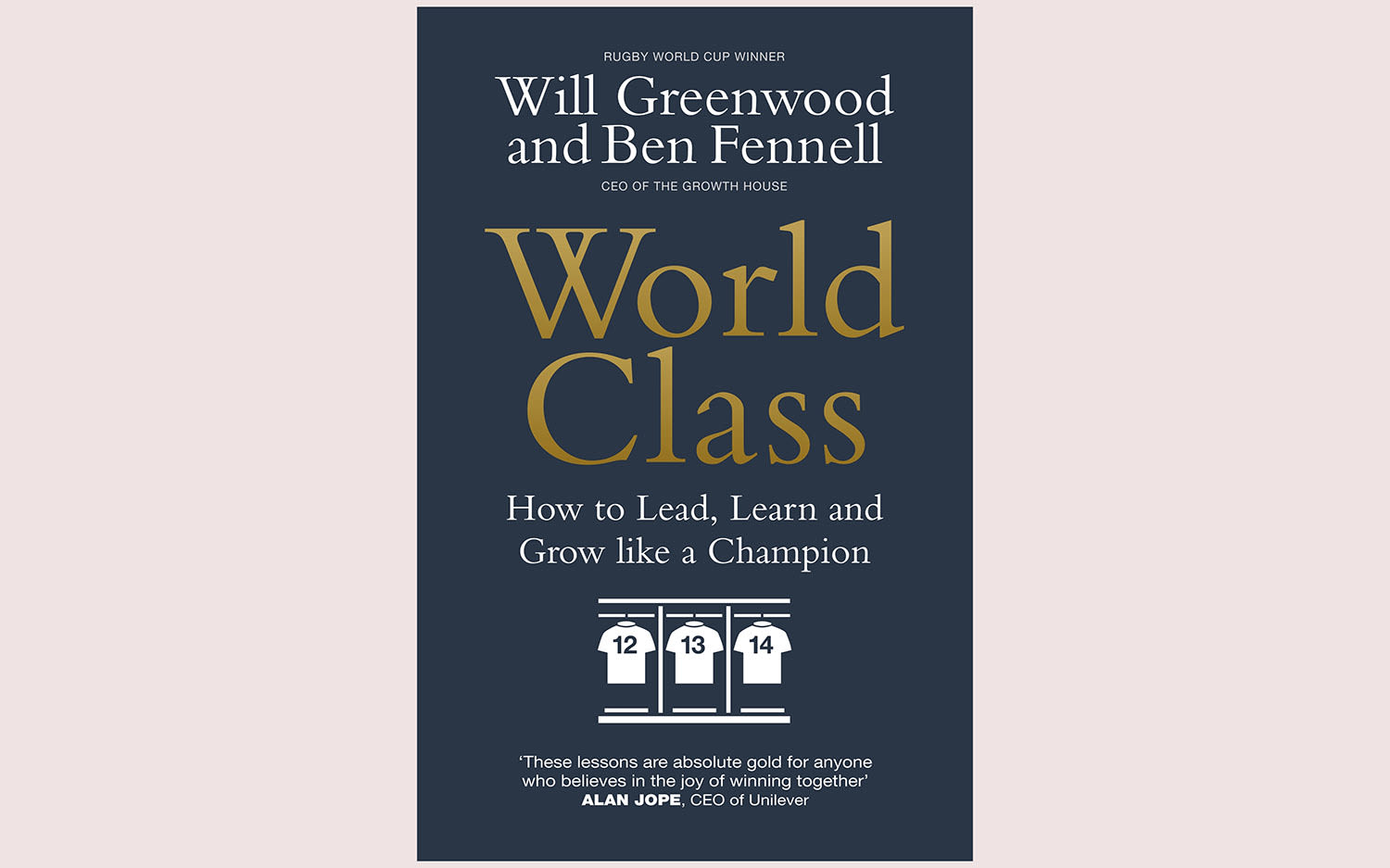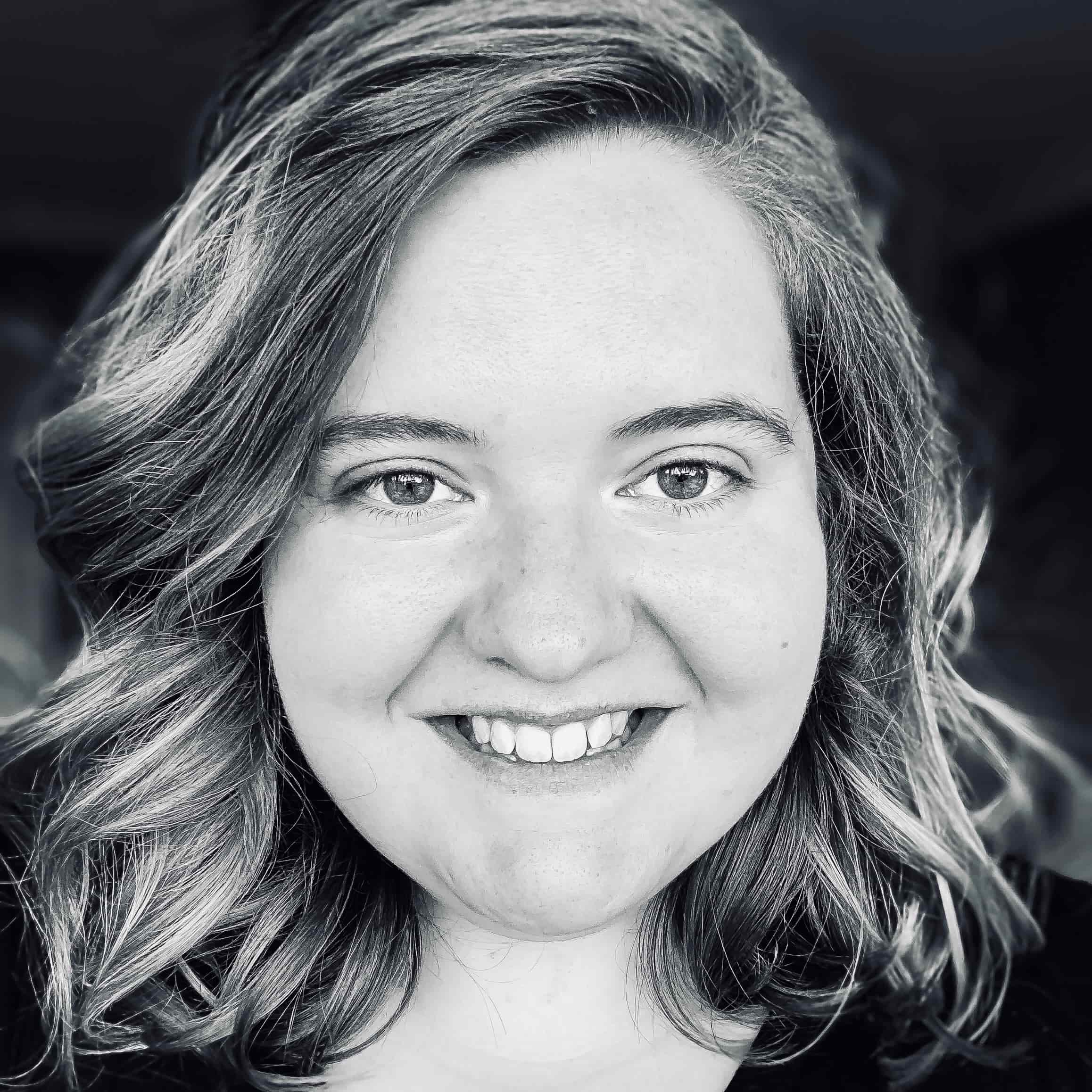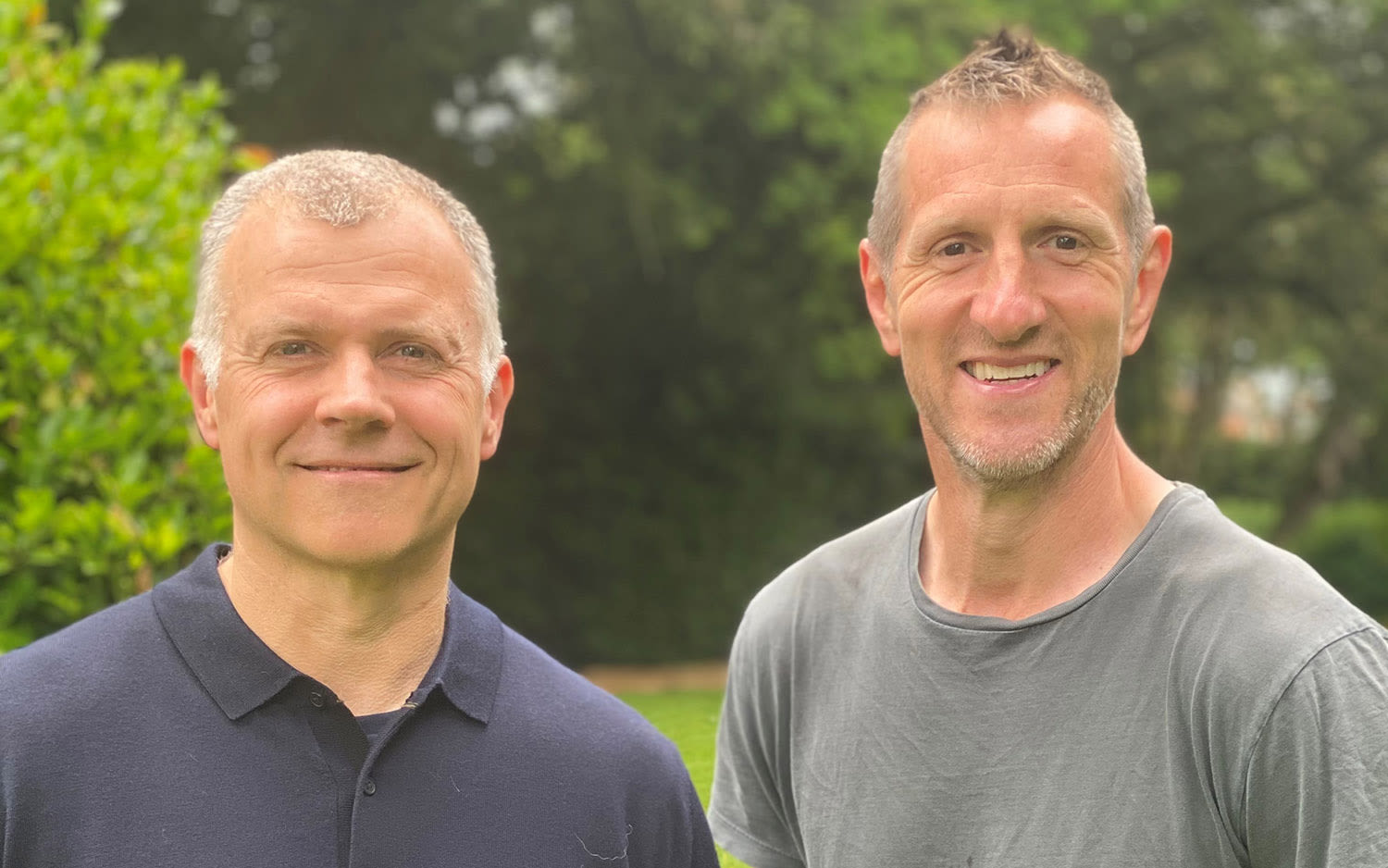What business can learn from sport
There are many similarities between successful businesses and sports teams. And there are key lessons that businesses can learn from top sports coaches in the world.
In their new book, World Class, Will Greenwood (who played an integral role in England’s 2003 Rugby World Cup win) and Ben Fennell (who has spent 16 years helping some of the biggest brands in the world to grow) explore the characteristics for success in modern leadership.
In this extract, shared by publisher Virgin Books, Greenwood and Fennell look at the importance of diversity in both business and sport.
World Class
In business, recruitment is every bit as important as selection is in sport. Before you go anywhere, you need to make sure that you’ve got the right people on the bus. A range of different people will not only get you to your destination faster, they will make the journey a whole lot more interesting.
A leader usually inherits a team at the start of their tenure – the team assembled by their predecessor. A good leader will ask themselves: is there enough difference in this team? Can these individuals challenge and collaborate effectively? And most importantly, do the skills and capabilities match the ambition of the mission? It’s critical to understand that the team that has got you to where you are may not be the one that will get you where you want to go. And it is vital not to see selection as a task only for the early stages of a team’s formation. The best leaders are always reviewing the composition and performance of their team, and how well suited each individual is to the ever-changing environment they find themselves in. Dana Strong, who at the time of writing is president of consumer services for Comcast, makes an interesting point about when and how to change a team: ‘Don’t pick your team too fast. Make sure that you really understand what you have, and really sit with it. Some mistakes I’ve made were making too many changes too quickly,’ she says.
So when it comes to packing your team with difference, what can business learn from sport?
Recruit for difference
Say the word ‘diversity’ in a business context and the discussion will inevitably turn to subjects like gender, race and disability. And that is absolutely as it should be – many companies are still falling a long way short in these areas. The point that you have to ‘see it to be it’ is made powerfully with regard to all forms of diversity. It is very hard to forge a connection or envision a long-term career in a company that has nobody around the top table who looks or sounds like you. You want employees to look up and see consistent quality coupled with an abundance of difference.
Diversity of gender, race and upbringing are all critical drivers of cognitive difference. We are all a product of our upbringing and life experience, and it’s hard to separate who we are and what we think from where we’ve come from. Our worldview is coloured by the people we have been surrounded by and the experiences that have shaped us. If you truly want to celebrate difference, you need to build a team that is diverse in the way it looks, sounds and thinks. Put simply, a team that is cognitively diverse will include people who solve problems in very different ways. There should be strategic thinkers, creative thinkers and operational thinkers. People who see opportunity and those who identify problems; people who are intuitive and those who are more data-led. Recruiting for difference should be at the forefront of any leader’s mind as they begin their selection process.
This is a lesson that has been absorbed by the elite units in the military. Jason Fox was a special forces soldier for over 20 years. You might know him as ‘Foxy’ from the television series SAS: Who Dares Wins. Jason knows a great deal about the composition of elite teams and the power of diversity to enhance operational excellence. ‘It’s a weakness of a team if you’re all coming at things from the same angle,’ he says. ‘You want difference and you want challenge. You need headstrong people to drive the team forward, but you also need compassionate people to rein those headstrong people in. You need creative people who can think outside the box and not get freaked out when the plan doesn’t go to plan. You need thinkers who are stubborn, driven, creative, flexible and compassionate. You also need some really precise guys who are sticklers for detail. That’s what an SAS team will look like. It’s a blend of all those different types of person.’
Andy Fennell (no relation to Ben) was the global chief marketing officer of Diageo, one of the world’s biggest producers of beer and spirits, with brands including Smirnoff, Johnnie Walker and Guinness. He talks about the diversity that existed in the finest team he ever led: ‘There was a good gender balance and we had leaders from half a dozen different countries, but it was the cognitive difference that made this team special. One was obsessed with ideas, another with rigour. One asserted standards constantly, however unpopular it made him, and one brought flair and harmony. One wanted to disrupt everything, another wanted to just get on with things. We checked our alignment to our purpose and principles regularly, but my main job as the leader was to encourage each of them to play their natural game.’
We’re naturally drawn to people who are like us, and a common pitfall is for leaders to recruit in their own image – often subconsciously. But a team or partnership that is too similar will never be as powerful as one that contrasts and complements. It takes a confident leader to pack their team with difference. Abraham Lincoln famously created a ‘Team of Rivals’ when he included three of his competitors for the Republican Party nomination in his cabinet, knowing that it was only by creating tension within his top team that he could fully interrogate his ideas and torture-test his thinking.
Dave Lewis led a remarkable turnaround during his six years as CEO of Tesco, the UK’s biggest retailer. He inherited a business that had lost its way, following an accounting scandal that had shaken the business to its core, with colleague engagement low and supplier relationships fraught. When his time at the retailer finished, he left behind a business with 16 quarters of consecutive growth. He describes how he embraced cognitive difference to shape his strategy for the business:
‘I have a group of four or five people who I go to when I start a new job. The key point is that they are all so completely different to me. I’ll share some thinking with them and we will disagree on about 90 per cent of what I’ve shared, but each one of them will give me a perspective that I would never have got to on my own.’
Having your thinking challenged is always a good thing, because one of three things will happen:
1. Your arguments will hold up well under interrogation and your commitment to them will sharpen and strengthen.
2. Your arguments will evolve and they will be built upon by the challenge.
3. The flaws in your argument will be exposed at an early stage and you will develop better ones as a consequence.
A confident leader understands when to hold firm and when to give ground. They use the difference they have baked into their top team to interrogate a strategy with vigour, so that when it’s time to go public, they know that it’s robust.
Rich Pierson is the CEO and co-founder of Headspace, a company famous for making meditation and mindfulness more mainstream and accessible. At the time of writing, the Headspace app has had more than six million downloads, with 2.5 million paying subscribers in 190 countries. ‘Our team is a mash-up of very different skills and backgrounds,’ he says. ‘We have a former Buddhist monk, a team of behavioural scientists, content creators from Disney, product managers from Amazon and creatives from advertising, plus enterprise and salespeople. Managing that difference, embracing that tension, is the hardest thing to get right, but it’s always where the magic happens.’
In business, a good team is not one that doesn’t disagree; it’s one that knows how to disagree. Team members will challenge ideas with rigour, but also with respect and emotional intelligence. They will know that there’s a difference between the challenge that’s required privately and the alignment that’s required publicly.
We’ve all received feedback that felt personal and unhelpful, lacking context or delivered in a way that felt undermining. The opposite might also be true – feedback that felt generous and task-focused, that was intended to make the team and the mission better. Ben spends a lot of time coaching the skills within teams to challenge and disagree respectfully. They need to be learned and they need to be practised – like a muscle in the body, these skills will fade and diminish if they are not worked regularly.
‘Agree, disagree, commit,’ Rich says. ‘It’s the job of the leader to ensure that enough discussion happens where leaders can agree and disagree. However, once the decision has been made, everyone has to act like the decision was theirs. There can be no gaps between your teammates. One leader who does not share the values, despite having great skills, can put the whole culture at risk.’
The magic is in the blend
To get a seat at Sir Clive Woodward’s top table as a coach, you needed to bring expertise and difference. He recruited a team of coaches with different perspectives but shared values. He was a visionary and a motivator, but he was also a good delegator. He shared control and authority and he empowered his coaches. His coach selection, much like his player selection, was a masterclass in difference.
Phil Larder was our defence coach. He came from rugby league and focused on drills, detail, repetition and accountability. He barked out orders, scaring you out of your skin, like a perma-tanned Action Man in shorts. Contrast that with Brian Ashton, our attack coach, who was a smiler, a whisperer and would coax you out of your skin. Our coaching sessions woul combine seemingly contradictory messages, like ‘relentless consistency in defence’ from Phil and ‘play what you see and hunt the space in attack’ from Brian. We had a Roundhead in Phil, laying down a framework, and a Cavalier in Brian, preaching freedom. While a good player can hold both thoughts in his head at the same time, the differing approaches of the coaches naturally appealed to different players in the group.
Different leaders will connect with different people, which is why having a range of archetypes in your leadership or coaching group is so important. You want people to look at the top of the organisation and see a whole spectrum of different styles and personalities, not least so that they can imagine themselves there.
Philip Jansen, CEO of BT, says, ‘In the teams I build, I want technical expertise and I want people who are new to the category. I want optimists and pessimists. As ever, it’s all about creating balance.’
Ben runs a powerful programme for clients, in which he invites eight to ten inspirational speakers, with different backgrounds and super-strengths, to talk about leadership and teamship. The skill in putting the list together is curating a truly diverse set of archetypes, but inviting them to talk about a consistent set of topics. If enough difference is baked into the list of speakers, two things start to happen: Firstly, consistent themes emerge, but they are expressed in a relentlessly fresh and different way. Secondly, people start to look back at themselves and think: ‘I can be successful by being my own kind of leader, with my own leadership style.’ Win-win.
Jeff Dodds is the chief operating officer of Virgin Media, a £5 billion business. He makes the straightforward point that diversity in your business will help you to better represent and understand your range of customers: ‘Creating greater diversity is not only the right thing to do, it’s also the most effective thing to do, because it creates the most accelerated growth for your business. Our customer base is half the country, so if we want to really understand our customers, we need to reflect and represent them. Your leadership group needs to have diversity in all forms, the same amount of difference that is found in society.’
World Class is available now on Virgin Books. Find out more.



